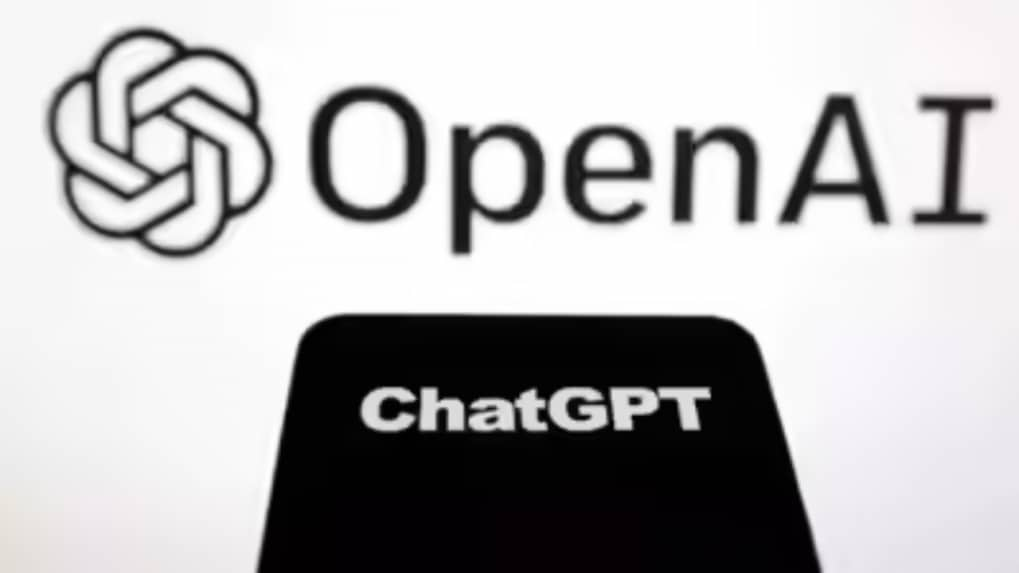Advertising
From Pink Slips to Silent Sidelining: Inside adland’s layoff and anxiety crisis

OpenAI on Tuesday introduced a new generation of apps that can operate directly inside ChatGPT, marking a significant expansion of the company’s artificial intelligence platform and opening new opportunities for developers and users alike.
The company said developers can start building these apps immediately using a new Apps Software Development Kit (SDK), available in preview. The new feature, OpenAI added, is designed to make apps “fit naturally into conversation,” allowing users to interact with them seamlessly while chatting with ChatGPT.
“For ChatGPT users, apps meet you in the chat and adapt to your context to help you create, learn, and do more,” the company said in a statement. “For developers, building with the Apps SDK makes it possible to reach over 800 million ChatGPT users at just the right time.”
Apps will begin rolling out Tuesday to all logged-in ChatGPT users outside the European Union across the Free, Go, Plus and Pro plans. OpenAI named several launch partners — including Booking.com, Canva, Coursera, Figma, Expedia, Spotify and Zillow — whose apps will be available starting in English in markets where their services operate. The company plans to add more partners later this year and extend availability to users in the European Union soon.
The new SDK, built on the Model Context Protocol (MCP), will allow developers to design both the logic and interactive interface of their apps. OpenAI described the SDK as an open standard, meaning apps created with it can potentially run in other environments that adopt the same protocol.
“When you start a message to ChatGPT with the name of an available app, like ‘Spotify, make a playlist for my party this Friday,’ ChatGPT can automatically surface the app in your chat and use relevant context to help,” the company explained. The platform can also suggest apps when they’re relevant to an ongoing conversation — for example, surfacing Zillow when a user is discussing buying a home.
OpenAI said the feature blends “familiar interactive elements — like maps, playlists and presentations — with new ways of interacting through conversation.” Users might, for instance, ask Canva to transform an outline into a presentation or use Coursera to take a course and ask ChatGPT for clarification mid-video.
Developers can begin building and testing apps now in Developer Mode within ChatGPT. The company plans to begin accepting app submissions for review and publication later this year, when it will also share more details on how developers can monetize their work.
In keeping with its broader emphasis on safety and user trust, OpenAI said all apps must comply with its usage policies and partner platform rules, be suitable for all audiences, and include clear privacy policies. “The first time a user connects an app, ChatGPT prompts them to connect so they understand what data may be shared with developers,” the company said, adding that more granular privacy controls will be introduced later this year.
The company also published a draft of its developer guidelines, outlining standards for approval and inclusion in the platform. Apps that meet higher design and functionality standards may be featured more prominently in the future.
Later this year, OpenAI plans to extend app access to ChatGPT Business, Enterprise, and Edu customers, as well as launch a dedicated app directory for users to browse and search. The company will also introduce monetization options through the forthcoming Agentic Commerce Protocol, an open standard designed to enable instant checkout inside ChatGPT.
“This is just the start of apps in ChatGPT,” OpenAI said, calling the initiative a step toward “bringing new utility to users and new opportunities for developers.”
From purpose-driven work and narrative-rich brand films to AI-enabled ideas and creator-led collaborations, the awards reflect the full spectrum of modern creativity.
Read MoreLooking ahead to the close of 2025 and into 2026, Sorrell sees technology platforms as the clear winners. He described them as “nation states in their own right”, with market capitalisations that exceed the GDPs of many countries.